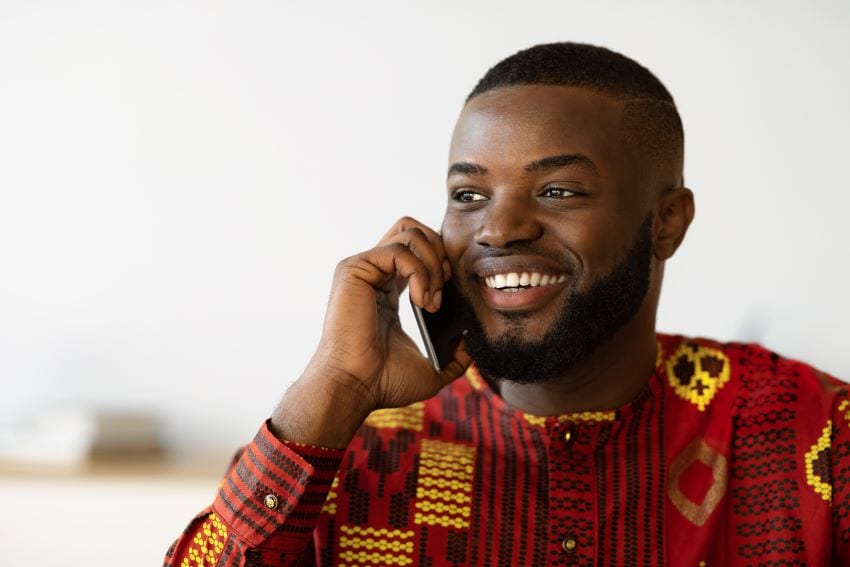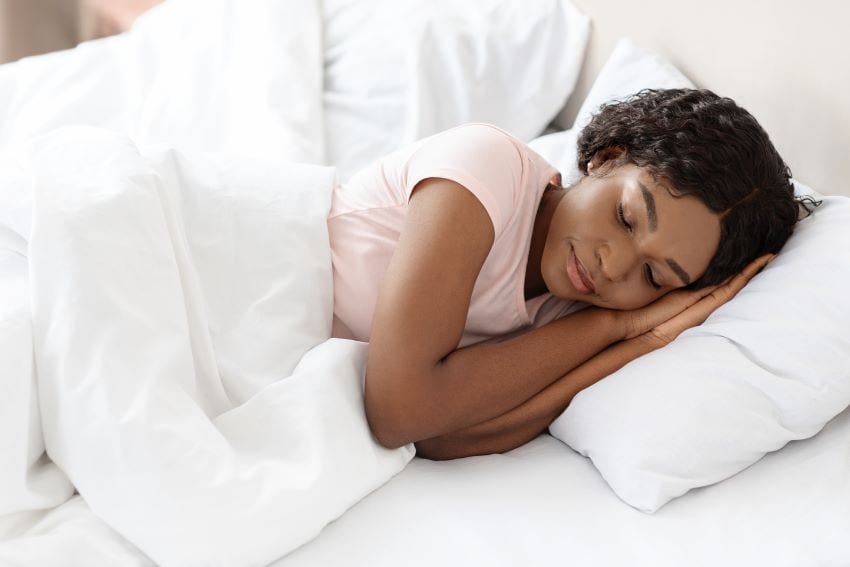With some Barbadians dreading the COVID-19 disease or fearing the pain and stigmatization associated with recovery, consultant psychiatrist, Dr. Joy Sue is urging everyone to zero in on the positives.
The advice came on Saturday evening as she addressed a press conference at Ilaro Court, providing several ideas on how to manage our time and ourselves in order to minimize stress, fear and anxiety and feel a sense of peace, mental well-being, and general wellness as the island moves to a “national pause” from February 3 to 17.
Dr. Sue, who has broad responsibility for community care, recalled the experiences of last year’s lockdown and the resulting mental health outcomes.
She noted there were several people who presented with problems such as anxiety, insomnia or difficulties with sleeping. And, she added that others, after the pause, presented in increased numbers with depression.
As she outlined the coping mechanisms, the consultant psychiatrist stressed the importance of focusing on the positives that we still have in our lives.
Acknowledging that a lot of persons were frustrated now with the numerous restrictions, wondering when this would all end and how much more they could put up with, she said: “Instead of focusing in on those negatives, try to concentrate and focus on the positives that you still have in your life – the love of your family, your friends, and your ability to still communicate with them even if that may not be face-to-face. So, accentuate the positives in your life.”
As a first step in coping, she therefore called on Barbadians to have a plan for communication. Noting that a good way to relieve anxiety and stress was to have someone that you can talk to and express your feelings about things that were bothering you, Dr. Sue suggested it could be a person in your own household or someone with whom you could speak to via Zoom or WhatsApp chat.
However, she cautioned persons that if persons were uncomfortable or not accustomed to really talking about their feelings, they could try recording them in a journal.

While further acknowledging that some may be hesitant for fear someone else might read what they are writing, the consultant psychiatrist advised: “You can also just keep the journal, write what happened to you for that day, how you felt about certain things that would give you the opportunity to reflect on what happened that day, what worked for you in terms of coping and what did not so that could inform what you would do the next day to help you to better cope with the days going forward.
“When you’re finished that, if you want to you can delete it if it’s on any kind of digital device, or you can tear it up if it’s on paper. Because the important part is being able to express and get those feelings out. And, in that action of deleting it or tearing it up, you’re also kind of give yourself closure on that situation and being able to move forward.”
Another suggestion made by Dr. Sue was that persons could also reach out to their social clubs or church groups to and check in with their members to see how they too were doing.
Adding that persons needed not to feel embarrassed to express their feelings, she said: “Don’t be embarrassed if you’re having trouble coping; it is a stressful experience for everyone, and different people will cope on different levels…. So, I would encourage everybody to speak out about those challenges.”
“Don’t be embarrassed if you’re having trouble coping; it is a stressful experience for everyone, and different people will cope on different levels…. So, I would encourage everybody to speak out about those challenges.”
Consultant Psychiatrist, Dr. Joy Sue
She also advised that children should stick to a routine. It was recommended that maintaining as much normalcy as possible within the situation would help parents cope.
Elaborating, she said: “If your kids were accustomed getting up for to school at a certain time getting dressed, eating breakfast for a certain time, try to maintain that same normal routine for them because they need to feel as if there’s some kind of stability even though that there are changes and you know, scary things happening around them.”
Exercise was also considered a priority and the medical practitioner noted that physical health was particularly important to mental health as the two were interconnected, “They’re not different things, it helps,’ she said, while recommending that persons exercise for at least 30 minutes daily, three times per week.
While noting that the country was providing some avenues to exercise during the pause, Dr. Sue reminded that not everyone needed to be out on the road or at a beach but could undertake simple exercises at home involving aerobic exercises such as walking, skipping, using a stationary bike or a treadmill.
The consultant psychiatrist also emphasized the need for a healthy diet. Acknowledging that this plays a role in helping persons cope, she warned against rushing out to the supermarkets and buying items in large amounts since this could lead to overeating.

For those on medication, they were urged to remember to take these “as prescribed”.
Sleep and rest were also cited as important to all trying to cope during the upcoming pause. Explaining this in terms of the need to maintain one’s sleep cycle the way it was before the lockdown/COVID-19, the psychiatrist said: “If you are accustomed to going to bed at nine o’clock try to maintain that consistently, make sure that you’re not staying up late, for instance, watching TV; binge watching Netflix or something like that, because you feel you have the time since you’re not going out to work, because those things can affect your sleep cycle down the road. And also, when it’s time to go back and work, you might have difficulty readjusting, getting up to your early time to go back to work. So, try to maintain your sleep cycle as well.”
“If your kids were accustomed getting up for to school at a certain time getting dressed, eating breakfast for a certain time, try to maintain that same normal routine for them because they need to feel as if there’s some kind of stability even though that there are changes and you know, scary things happening around them.”
Consultant Psychiatrist, Dr. Joy Sue
Likewise, meditation, yoga and Tai Chi were regarded as wholesome by Dr. Sue. Of meditation, she noted it could involve “just taking a five-minute break out of your day to just meditate, withdraw from everything that’s happening with yourself and around yourself and focusing on yourself and your breathing.”
Barbadians further heard that the upcoming COVID-19 lockdown/pause could present several opportunities for them to undertake creative projects that they always wanted to do for some time but had kept putting off, such as art projects, dance, gardening or playing an instrument, since these could also help to relieve the stress and anxiety.
The community care specialist also pointed to the importance of getting sunlight. Revealing that the experience during the last pause showed that a lot of persons stayed in the house completely and didn’t go outside, she said: “So they weren’t getting any sunlight. I think that has an effect too in terms of causing depression or feeling sad. So, personally, I would encourage you to at least go outside part of the time, even if it is just outside your home or in your veranda; get some fresh air, get some sunlight and this will also help with coping.”
As she concluded, Dr. Sue assured Barbadians that mental health services would remain accessible during the 15-day period of pause and there would be a volunteer service extended to those in quarantine situations – all this in an effort to help Barbadians cope more positively with the dreaded COVID-19 pandemic.
